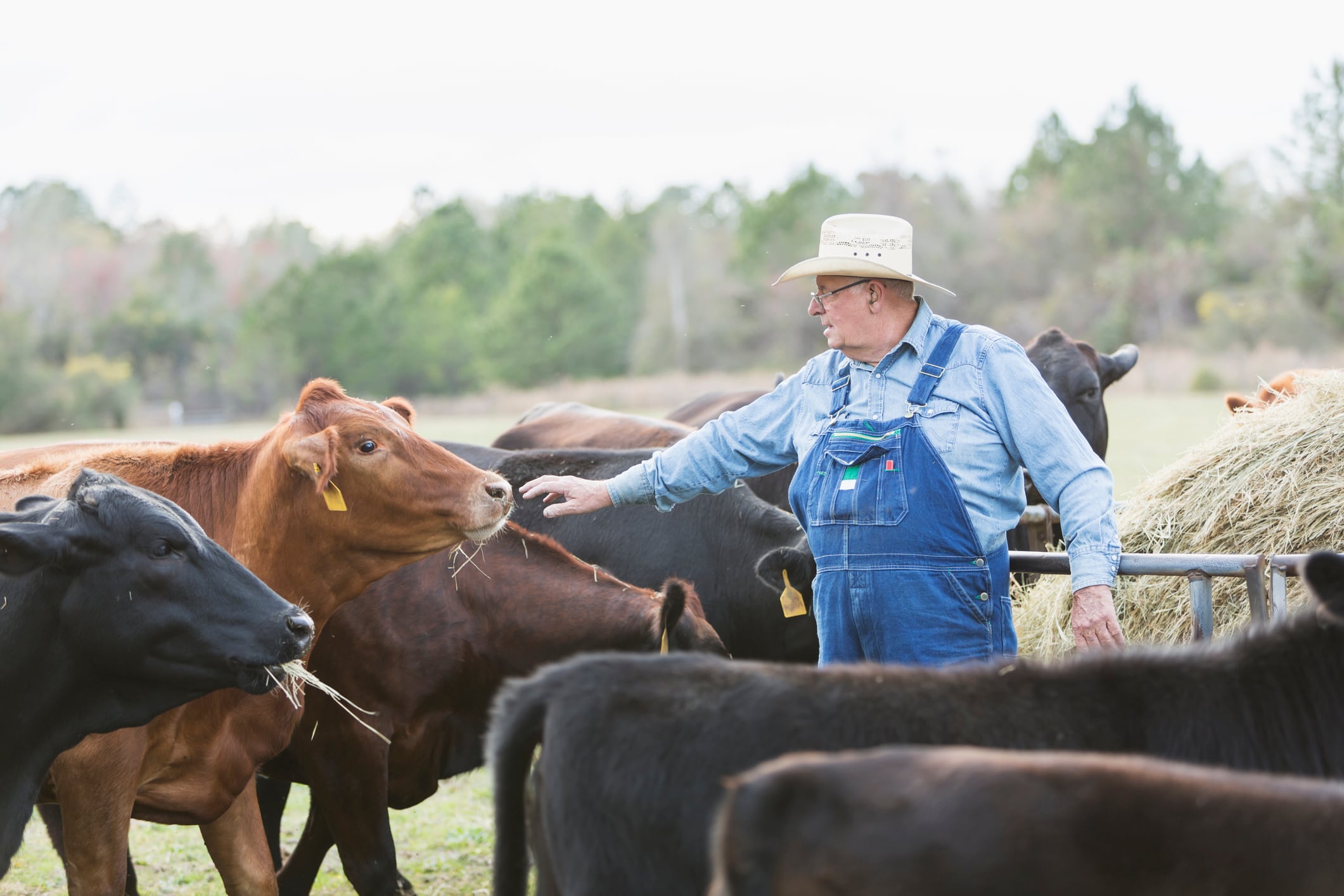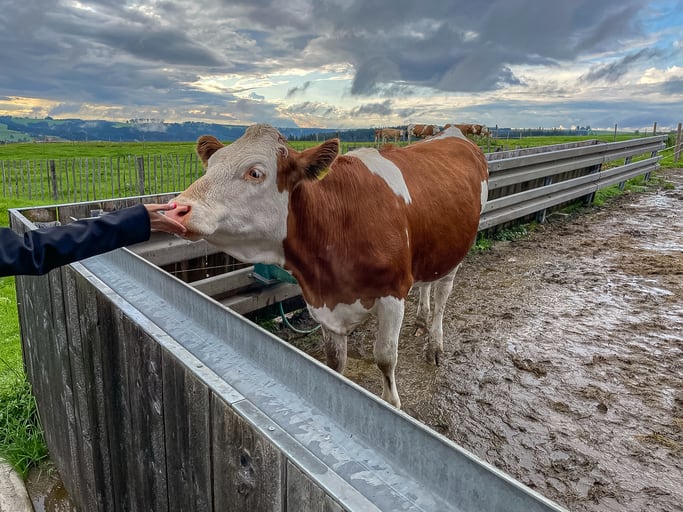Farmers and ranchers in meat-producing states, including Nebraska, Wyoming and South Dakota, are voting against legislators' proposals to ban cultivated meat. Legislators argue the bans would protect the already struggling meat industry due to declining production, high cattle prices and supply chain issues. However, critics argue the bans restrict free trade and threaten food safety benefits.
Meat industry opposes Nebraska ban
Nebraska is among many states that proposed bills to ban the distribution and sale of cultivated meat – with Alabama and Florida enacting the bans last year. Currently, only two companies are federally approved to manufacture and distribute cultivated chicken in the US – Upside Foods and Good Meat – with products yet to be seen on retail shelves.
Republican Nebraska Gov. Jim Pillen signed an executive order in August 2024 as a preliminary measure banning Nebraska’s state agencies and contractors from procuring cultivated meat alternatives. In January, Republican Sen. Barry DeKay, who also is a Nebraskan rancher, introduced LB246 at the request of the Governor. If passed, it would prohibit “cultivated-protein food products under the Nebraska Pure Food Act and provide a deceptive trade practice,” per the bill.
“Until or unless there are clear labeling rules that adequately disclose that cultured meat is not real meat, its sale allows lab meats to unfairly benefit from industry investments in marketing and production. What is more, this industry is supported by organizations that want to do away with animal production in Nebraska and the United States,” DeKay said in January.
In February, LB246 went before the public during a Senate Agriculture Committee meeting where citizens shared their opinions on the bill.
One person for LB246 maintained that the introduction of cultivated meat into Nebraska’s food system would “cast a dark shadow over the whole meat industry.”
In February, DeKay and Sherry Vinton, the director of the Nebraska Department of Agriculture, changed their tune from industry protection to food safety, calling cultivated meat a “synthetic food” that could cause health problems if consumed, per Associated Press.
Farmers and ranchers, who DeKay claimed to initially protect in the bill, argued that banning cultivated meat will infringe upon free trade, a key economic principle in the US, and interfere with consumers’ rights to choose what products they wish to consume. Instead of banning these products, legislation should focus on developing correct packaging guidelines and ensure that production facilities meet the required safety standards, according to AP.
Wyoming and South Dakota legislators vote down cultivated meat ban
Despite arguments from Wyoming Sen. Cale Case (R), who said that “cultivated meat is wrong” and expressed concerns of the health and safety of cell cultured meat in his support of HB168, the bill received pushback from other Senators. HB168l, which prohibits the manufacture, sale and distribution of cultivated meat for human consumption in Wyoming.
Sen. Bob Ide (R -Wyo.) opposed the ban, citing free trade manipulation during a Senate floor hearing in February. Wyoming Senators Dan Laursen and Senator Stephen Pappas also urged for more packaging and labeling provisions so that consumers can make an informed decision. The bill was voted down in the Senate.
Likewise, in February, South Dakota legislators voted against HB1109, a similar bill as Wyoming’s, citing the same concerns over free trade infringement.
Trade groups call cultivated meat bans ‘Orwellian’ and ‘unconstitutional’
Bruce Friedrich, president and co-founder of Good Food Institute, a non-profit organization that advocates for alternative proteins, posted a series of comments on X (formerly Twitter) by industry trade groups on “who’s behind the cultivated meat bans.”
He added that these bans are not driven by “the meat industry” and conservatives/libertarians,” and included statements and articles from organizations across the political and food spectrum against the bans, including The Meat Institute, Cato Institute, The Heritage Foundation and the Institute for Justice, among others.
Pushback from the Nebraska bill supports “consumer choice” and allows Americans to “decide for themselves what to buy at the supermarket,” Pepin Tuma, GFI’s policy and government relations director said.
Tuma added that alternative proteins are “safe” and create “new markets and sidestreams for corn and soybean farmers” with potential to develop new jobs and investment opportunities for Nebraska – “but only if the legislature keeps the free market free.”
Tuma pointed out that increasing opposition from ranchers associations and farm bureaus to “government interference masquerading as protection” that “they neither need nor asked for” reflects the need for a clear line between government guidance and overreach.
The National Cattlemen’s Beef Association (NCBA), a trade association for beef producers, affirmed that competition from cultivated meat is not a concern, adding that “consumers will keep choosing real beef ” provided the appropriate labels are in place, Sigrid Johannes, senior director of government affairs at NCBA said.
“NCBA supports clear labeling rules at the federal level for lab-grown products to ensure that consumers can fully differentiate between protein grown in a test-tube and real beef raised by American farmers and ranchers,” Johannes said.
Suzi Gerber, executive director of the Association for Meat, Poultry and Seafood (AMPS), echoed Friedrich’s sentiments on the politicization of cultivated meat bans and said these bills could pave the way for more restrictive policies on how food is grown and traded across state lines.
“The cultivated meat industry is a customer for many farmers, and as fellow agricultural producers, we share the desire for a free market with transparent labeling, allowing consumers to make informed choices about the products they purchase and consume. In these challenging times of widespread food supply shortages and increasing vulnerabilities, we believe that expanding options is essential,” Gerber said.




